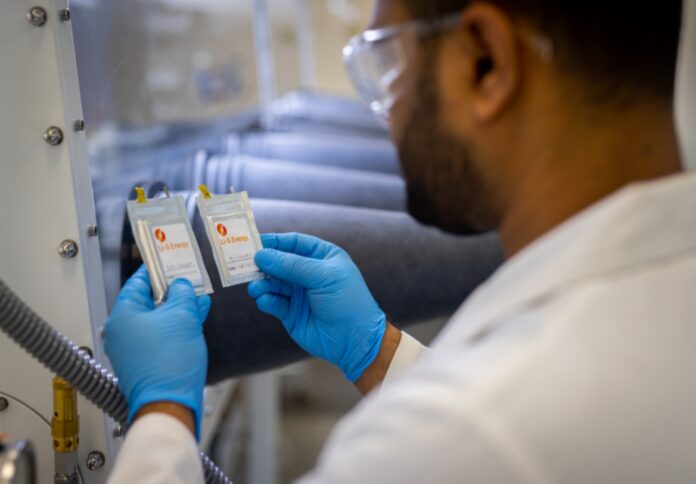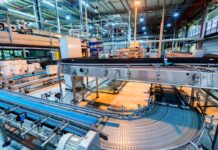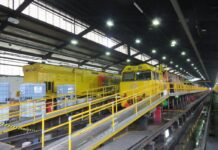
Australian battery manufacturer Li-S Energy has developed a twenty-layer battery cell utilising its third-generation (GEN3) semi-solid state lithium sulfur technology that packs in more energy density and is safer and more reliable than its prior product.
The cells were manufactured in the company’s semi-automated Phase 2 plant in Geelong, Victoria, with the capability for test cell production expected later this year when its new Phase 3 facility is ready.
The ASX-listed company said its new 20-layer cells are built using a low-flammability electrolyte, which is claimed to make them safer than traditional lithium sulfur and lithium-ion cells that utilise a higher flammability electrolyte.
The cells additionally use Boron Nitride Nanotubes (BNNTs) in the cell structure to minimise dendrite formation, further enhancing safety and cycle life, using Li-S’ patented Li-nanomesh technology.
Key benefits of the GEN3 Li-S Energy battery system over our second-generation (GEN2) lithium sulfur cells include a significant improvement in volumetric energy density as a result of a lower porosity cathode material.
The system also has a higher gravimetric energy density through an optimised cathode material composition and enhanced safety with the use of a low-flammability electrolyte.
In addition to high gravimetric energy density, which delivers a lighter-weight battery, Li-S Energy said the volumetric energy density is also considered important by its target industries.
The company said it offers the potential to significantly reduce the physical size of the battery packs needed for the same energy stored, or conversely to significantly increase the energy stored in a given space compared to our existing GEN2 lithium sulfur cells.
“The development of these new battery cells is another validation of the strength of our scientific and technical teams, and our collaboration with Deakin University and other Australian and international institutions,” said Li-S Energy CEO Lee Finniear.
He added, “This outcome demonstrates the strength of our progress over the last year. In the coming months, we look forward to commencing the production of commercial samples for our partners.”
In addition to the GEN3 semi-solid-state Li-S cells, the company also continues to progress its R&D on full solid-state electrolytes in a co-funded project within the ARC Research Hub for Safe and Reliable Energy at Deakin where both parties jointly aim to create a full-solid-state Li-S battery.




















